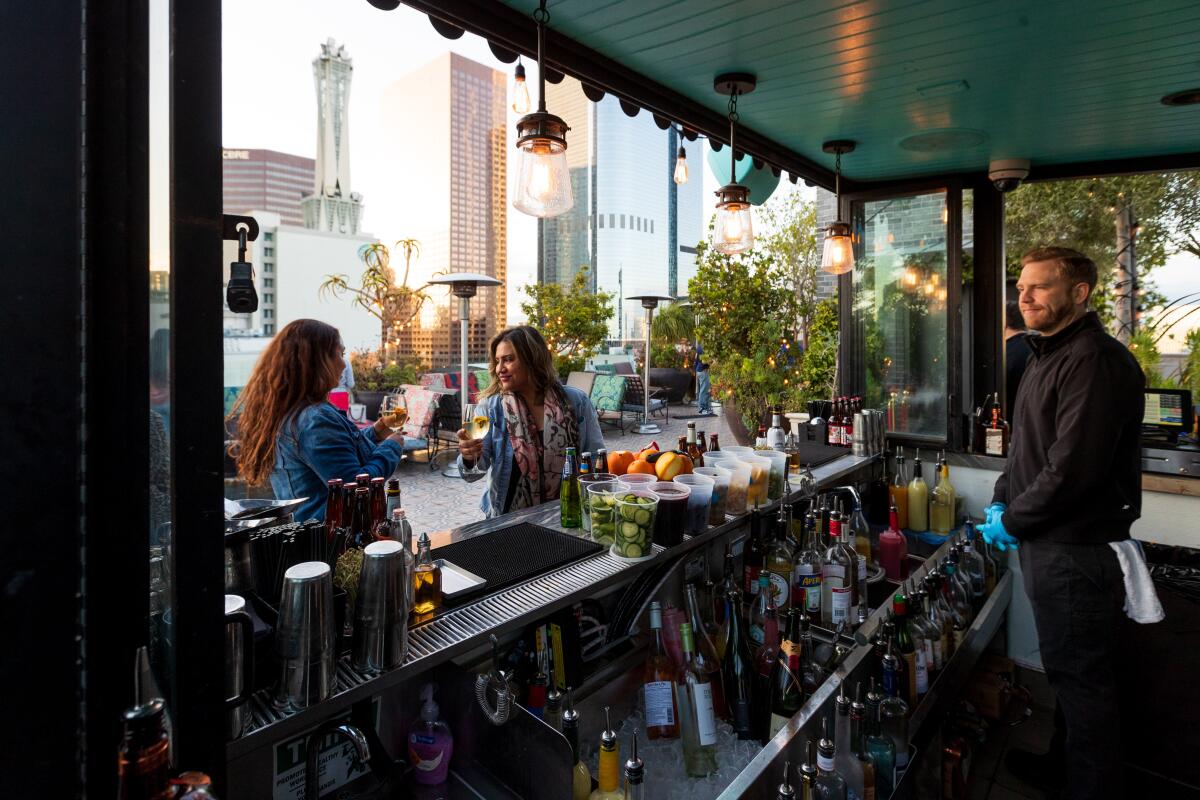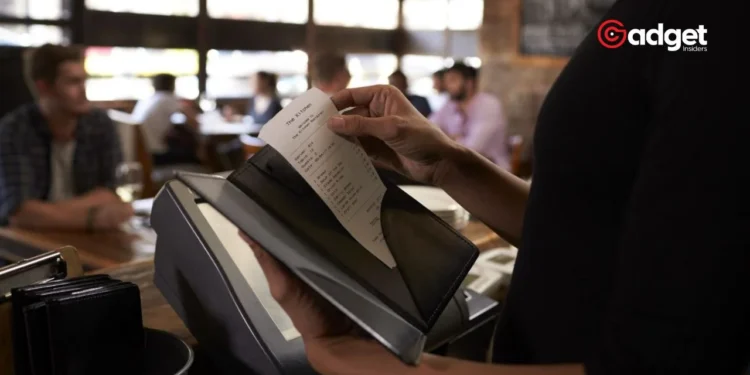In a move that has left many restaurateurs in California reeling, the recent enactment of Senate Bill 478, which bans the use of “junk fees” including service charges, has sparked a wave of concern across the state’s dining establishments. Known for its vibrant and diverse culinary scene, the Bay Area, in particular, has responded with a mixture of shock and frustration.
This legislative shift, reported by the San Francisco Chronicle, introduces a ban on “drip pricing”—a practice where only part of the cost of a service is advertised upfront, leaving customers to discover additional fees upon billing.
Notably, the law targets service fees, a common fixture in many San Francisco eateries, used to ensure city-mandated health coverage for employees.

A Hard Pill to Swallow for Restaurant Owners
For restaurants like China Live in San Francisco, which imposes a 20% service fee on its customers, this new regulation of California could signal a drastic change in operations. George Chen, owner of China Live, explains the benefits of the current system, “With the service charge, [employees] know that if we’re busier, that money will trickle down to them.
This makes them work better, more efficiently… and instead of just a job they feel like they’re part of the success of the business.” Chen also noted the positive impact of the service fee system on employee morale and retention, highlighting minimal turnover at his establishment.
However, the impending ban compels him to consider raising menu prices—a decision he fears will lead to customer pushback due to the sudden increase. “You can’t just jack up prices,” Chen remarked. “People are going to get sticker shock. Now a dish that was $20 before will be $26. People will notice that.”
Shelley Lindgren, owner of A16 Pizza, echoed similar concerns. At her San Francisco location, a 6% health care surcharge currently helps manage costs associated with providing health benefits to employees. Removing this fee as per the new law of California, she fears, would necessitate a significant hike in menu prices, potentially harming profitability.
Starting July 1, restaurants in California will no longer be able to add service charges or other surcharges to your check. https://t.co/obsNxf3g5g https://t.co/obsNxf3g5g
— ABC30 Fresno (@ABC30) May 3, 2024
Exemptions and Inequalities
Interestingly, the new law of California does not apply to food delivery services like DoorDash and Uber Eats, which are known for their complex fee structures. This exemption has stirred further debate among restaurant owners about the fairness of the new law.
Aomboon Deasy, owner of Pomet in Oakland, expressed her surprise upon learning that delivery services were not subject to the same rules. She currently uses a 20% service fee to streamline gratuity calculations for her customers, stating, “It’s so expensive to buy anything from DoorDash…
There are so many fees. I’m charging one service charge that takes care of people having to calculate gratuity for their meal.”

California Law: The Impact on Restaurant Culture
The Independent Restaurant Coalition has raised concerns that eliminating restaurant fees might lead to a reliance on tipping, a practice they argue is “inequitable” and disproportionately disadvantages women and non-white workers.
As the industry looks to adapt to these changes, the broader implications on restaurant culture and operational sustainability remain uncertain. As Senate Bill 478 which talks about the new rule of California sets the stage for a significant shift in how restaurants operate financially, the coming months will be critical for owners and employees alike.
The challenge now lies in balancing compliance with the new law, maintaining employee benefits, and managing customer expectations in a landscape that continues to evolve.










